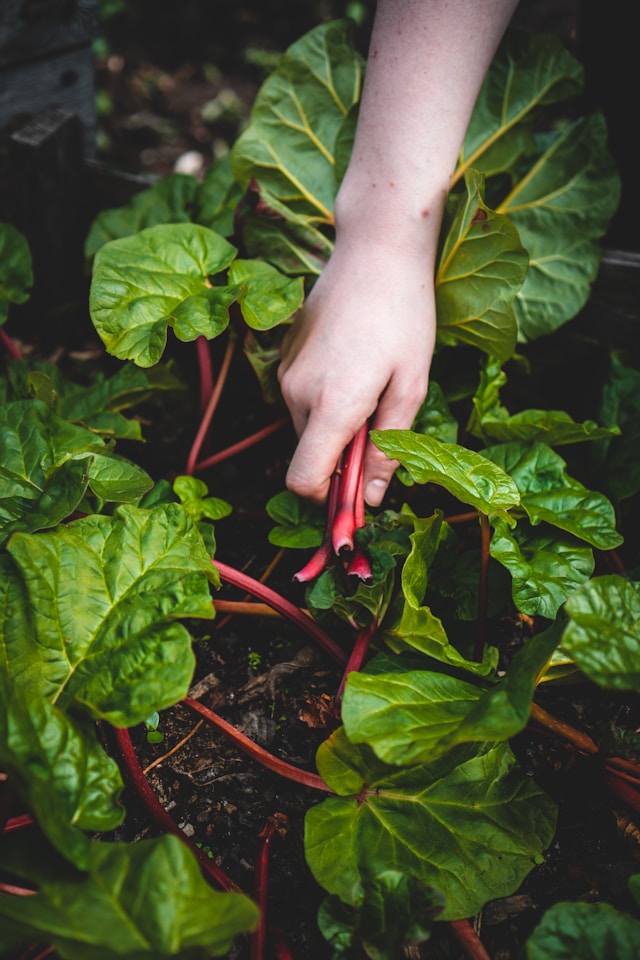Recession-Proof Your Grocery Bill

Growing Your Garden in 2025
With the cost of produce continuing to rise in 2025, families across the country are feeling the pinch at the grocery store. Inflation, supply chain disruptions, and climate-related crop failures have made fresh fruits and vegetables more expensive than ever. But there's one time-tested solution that many are turning to: growing their food at home.
Home gardening isn't just a hobby—it's an investment in food security, sustainability, and financial stability. As we navigate economic uncertainty, a backyard or balcony garden can be a powerful tool for cutting grocery costs while ensuring a steady supply of fresh, organic produce.
The Rising Cost of Produce
According to recent reports (Bureau of Labor Statistics (BLS, 2025), food prices have surged by an average of 15-20% over the last three years, with staples like lettuce, tomatoes, and onions hitting record highs. The combination of higher transportation costs, labor shortages, and extreme weather patterns has made it difficult for large-scale farms to keep up with demand. As a result, consumers are paying more for less.
These price hikes make it harder for households on a tight budget to maintain a healthy diet. Many are forced to choose cheaper, processed alternatives over fresh produce, leading to potential long-term health consequences. (Centers for Disease Control and Prevention, 2025).
How a Home Garden Can Save You Money
Starting a home garden may require some initial investment, but the long-term savings are significant. Here's how it helps:
- Lower Grocery Bills – Growing your vegetables, herbs, and fruits reduces the need to purchase them at the store. A single tomato plant, for example, can yield 10-15 pounds of tomatoes in a season, saving you upwards of $30 per plant. (National Gardening Association, 2025).
- Sustainable & Renewable Food Supply—Unlike grocery store produce, which requires regular purchases, homegrown crops can be replanted and harvested year after year, ensuring a steady food supply.
- Reduced Waste – Many families throw away unused vegetables that spoil in the fridge. Harvesting fresh from your garden means less food waste and better portion control. (USDA, 2025)
- Organic & Chemical-Free – With rising concerns over pesticides and GMOs (Environmental Working Group (EWG, 2025), a home garden allows you to control what goes into your food, ensuring a healthier diet for your family.
Starting Your Garden: A Step-by-Step Guide
If you're new to gardening, don't worry! Here's how you can get started:
- Choose Your Space – Whether you have a large backyard or a small balcony, you can grow something. Raised garden beds, container gardening, and vertical gardening are great for maximizing space.
- Select Easy-to-Grow Crops – Start with low-maintenance and high-yield vegetables, such as tomatoes, lettuce, peppers, zucchini, and herbs like basil and mint.
- Invest in Quality Soil & Compost – Healthy soil is key to a successful garden. Consider composting kitchen scraps to create nutrient-rich soil for your plants. See LGM products
- Use Rainwater & Smart Irrigation – Reduce your water bill by collecting rainwater or using drip irrigation to keep plants hydrated efficiently.
- Join a Gardening Community – Local gardening groups or online forums can provide tips, seed exchanges, and support to help your garden thrive.
Beyond Savings: The Additional Benefits of Home Gardening
- Health & Wellness – Gardening is a great way to stay active, relieve stress, and enjoy time outdoors.
- Self-Sufficiency & Preparedness – With supply chain disruptions becoming more common, having your food source adds an extra layer of security.
- Community & Sharing – Many home gardeners enjoy sharing their harvest with neighbors, building stronger community ties.
As food prices continue to rise, now is the perfect time to start a home garden. Growing your produce is an innovative, sustainable, and rewarding solution for anyone looking to save money, eat healthier, or gain a sense of food security.
By planting a few seeds today, you can control your grocery budget and create a reliable food source that withstands economic fluctuations. In times of uncertainty, a home garden isn't just a luxury—it's a necessity.
References
- USDA Economic Research Service (2025). "Food Price Outlook." Retrieved from www.ers.usda.gov
- Bureau of Labor Statistics (2025). "Consumer Price Index Report." Retrieved from www.bls.gov
- National Gardening Association (2025). "Gardening Trends & Savings Report." Retrieved from www.garden.org
- American Farm Bureau Federation (2025). "The Rising Cost of Agriculture." Retrieved from www.fb.org
- Centers for Disease Control and Prevention (2025). "Nutrition and Food Security." Retrieved from www.cdc.gov
- Environmental Working Group (2025). "2025 Shopper’s Guide to Pesticides in Produce." Retrieved from www.ewg.org
- Harvard School of Public Health (2025). "Nutritional Benefits of Homegrown Produce." Retrieved from www.hsph.harvard.edu
- American Psychological Association (2025). "The Mental Health Benefits of Gardening." Retrieved from www.apa.org

